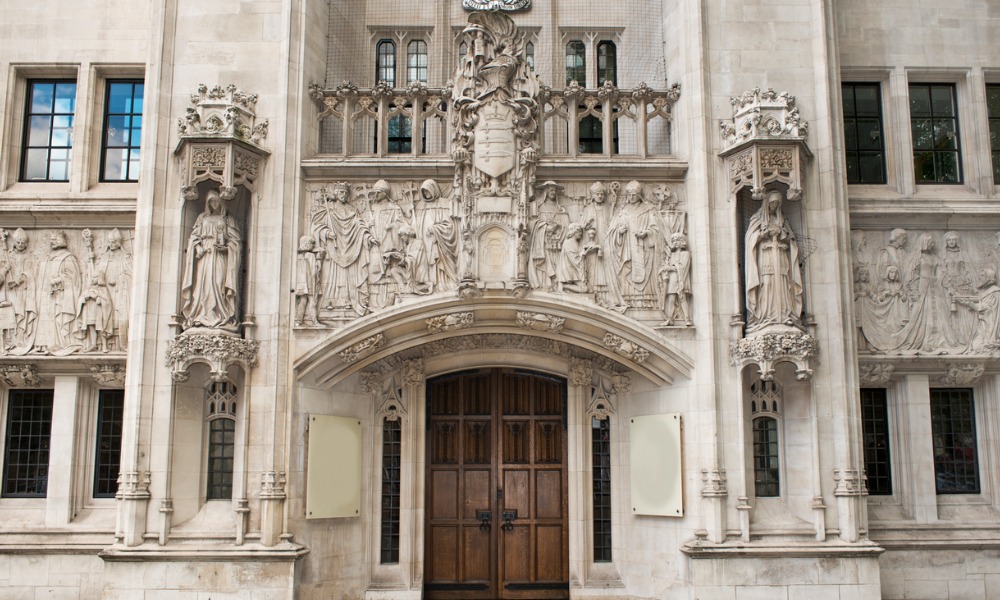
The ruling risked making many existing litigation funding agreements unenforceable

The UK government recently introduced a litigation funding bill that, if adopted, will reverse a significant Supreme Court ruling determining that litigation funding agreements (LFAs) are damages-based agreements requiring compliance with specific regulations, the International Bar Association reported.
Litigation funding, where a finance company supports a lawsuit for a percentage of recovered damages, has become increasingly common in civil suits in England and Wales. The Supreme Court ruling in R (on the application of PACCAR Inc) v Competition Appeal Tribunal risked making many existing LFAs unenforceable.
"The judgment caused a lot of uncertainty in the funding world as it made funders much more nervous about existing projects,” said Martyn Day, co-founder and senior partner of Leigh Day.
Funders worried that claimants might nullify their agreements, leaving funders with nothing, even in successful cases. This uncertainty also affected new agreements. Lucinda Orr, digitalisation and AI officer for the IBA Litigation Committee and a partner at Enyo Law, said, "The judgment threw many things into disarray for quite a lot of funders. Initially, it was believed to be relevant only to competition cases, but that was inaccurate. It definitely had a chilling effect on funders."
In response, the government introduced the Litigation Funding Agreements (Enforceability) Bill in the House of Lords. Day praised the swift action, saying, "The speed with which the government has sought to turn this around has been quite impressive." He anticipated that once the legislation becomes law, the PACCAR judgment would be seen as a temporary setback.
Susan Dunn, chair of the Association of Litigation Funders, expressed optimism about the bill's progress, aiming for its passage by the summer recess. However, with the UK Parliament on the verge of dissolution due to an upcoming general election, the timeline remains uncertain.
Announcing the legislation, Lord Chancellor and Secretary of State for Justice Alex Chalk highlighted its importance for public access to justice, referencing the Horizon scandal involving the Post Office. The scandal saw over 700 sub-postmasters wrongfully prosecuted, with litigation funding crucial to their successful legal challenge.
If left unaddressed, the PACCAR ruling would make similar legal challenges difficult. Alan Bates, founder of the Justice for Subpostmasters Alliance, noted that such a situation would have been much harder without litigation funding.
The bill's chances of becoming law remain strong due to public support for litigation funding as a means for individuals to challenge powerful corporations. Orr remarked, "The notion of litigation funding enabling the 'little guy' to take on a big corporation against the odds captured the public’s imagination."
Lord Chancellor Chalk has also requested a review of litigation funding by the UK’s Civil Justice Council (CJC), with an interim report due this summer and a final version by 2025. Robert Johnston, co-chair of the IBA class actions committee, emphasized the need for a balanced approach to regulation, aiming to enhance efficiency and cost-effectiveness in the market.
The CJC will consider whether to cap litigation funding fees, which can significantly reduce the compensation awarded to claimants. Recent research by the Legal Services Board found that while litigation funding facilitates access to justice, the ultimate compensation may be inadequate once costs and funders’ returns are deducted.
Orr supports a comprehensive review, noting the significant changes in the market since the Jackson review of civil litigation costs over a decade ago. She anticipates litigation funding will be crucial in future group actions, particularly over climate change, and believes the sector needs a thorough examination to ensure its continued effectiveness.